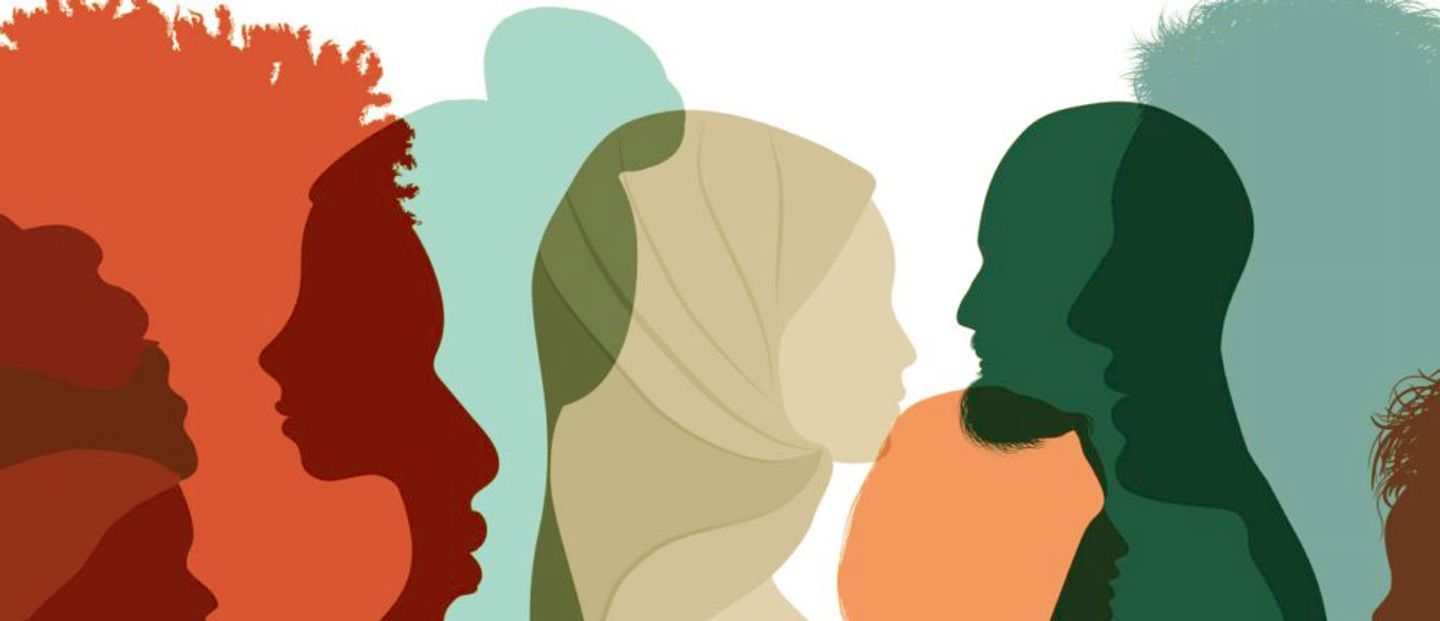As we continue celebrating Black History Month, we learn about contemporary trailblazers in the areas of diversity and social governance, moving the needle forward in our industry through their vision and dedication.
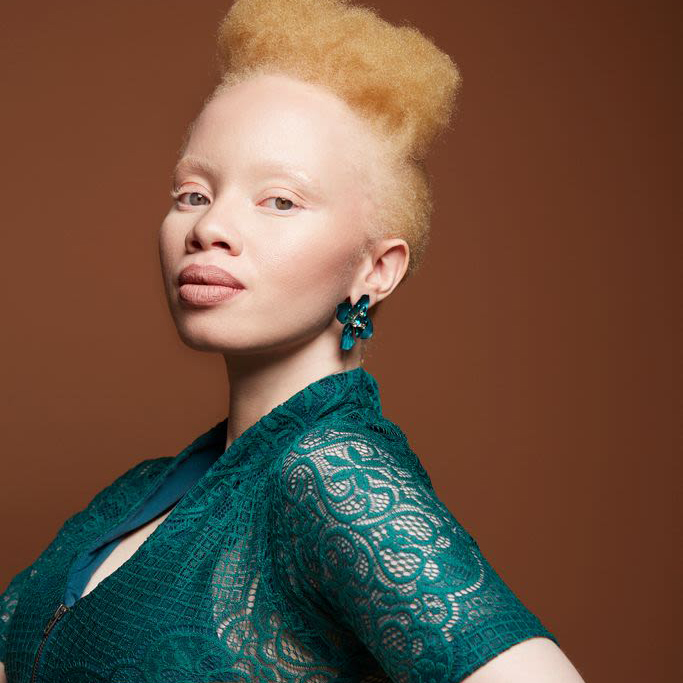
Thando Hopa
Thando Hopa is a model, activist and lawyer from South Africa. A fierce advocate for diversity, Hopa’s career and work as an activist has contributed to United Nations policy discussions around albinism. She was listed as one of the BBC’s Top 100 Inspirational and Influential Women worldwide. In April 2019, Hopea graced the cover of Vogue Portugal, making her the first woman with albinism to appear on the cover of the internationally acclaimed publication.
“I think that, as a Black, African, and woman with albinism, I have fought for empowerment my whole life. Everything that goes against this is the origin of my activism.” (Source)
Melonie Parker
As Google’s chief diversity officer, Melonie Parker is responsible for advancing Google’s employee engagement strategy across diversity, equity and inclusion. She is an advocate for change and a passionate thought leader whose mission is to help make Google more reflective of the world around us. Melonie exhorts business leaders to build belonging through their DEI work and explains what other companies can learn from Google’s approach: “To keep pushing for progress, we must go beyond inclusion and focus on building belonging. The workplace, technology, and our world cannot feel like borrowed space for historically marginalized groups—we need to build a world where everyone feels like they belong.” (Source)
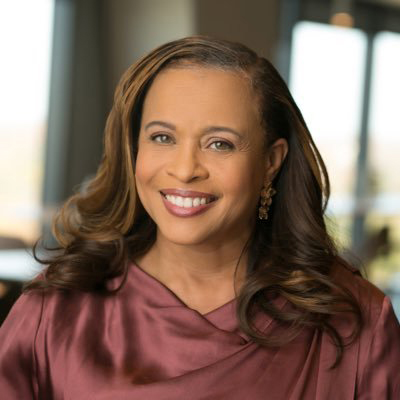
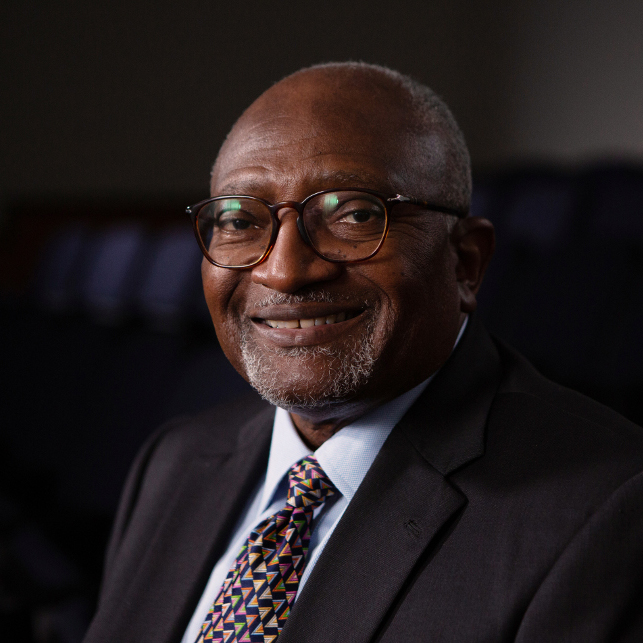
Dr. Robert Bullard
Known as the ‘father of environmental justice’, Dr. Bullard has campaigned against harmful waste being dumped in predominantly Black neighborhoods in the southern states of the US since the 1970s. He is one of the foremost experts of environmental justice in the world and his 1990 book ‘Dumping in Dixie’ notably established the link between systemic racism and environmental oppression, showing how the descendants of slaves were exposed to higher-than-average levels of pollutants. In 1994, his work led to the signing of the Executive Order on Environmental Justice, signed by President Bill Clinton. (Source)
Shari Slate
Sheri Slate is the former Chief Inclusion and Collaboration Officer at Cisco, and now leads as Chief Diversity, Equity and Inclusion Officer at CVS Health. Under Slate’s direction, Cisco had achieved its highest diversity levels for five years running, and the company was ranked #2 on Fortune’s 100 Best Workplaces for Diversity list for 2019. With her guidance, Cisco reached the highest level of employee participation in terms of community impact in the history of the company, netting a ground-breaking 80% employee participation in 2020.
“Our ability to be successful requires us to bring diverse and inclusive solutions to the marketplace – work that can only be done with the very best talent representing the communities where we live and work.” (Source)
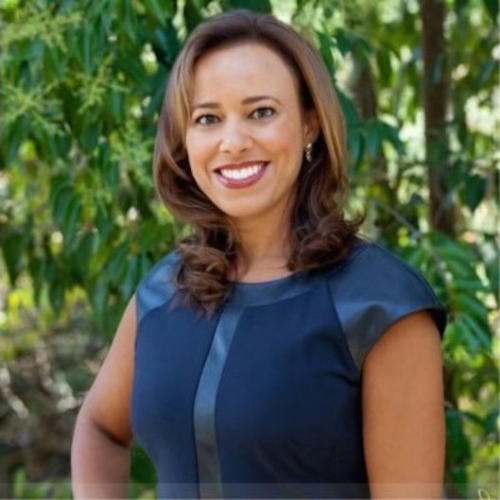
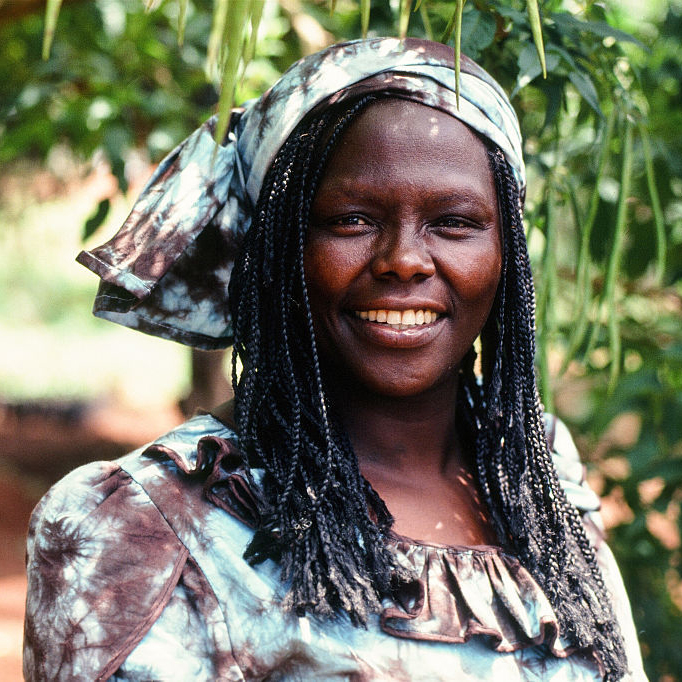
Wangari Maathai
Wangari Maathai was born in Kenya, and a leading educator, environmentalist and human rights activist. A mother of three, she devoted her life to promoting the environment and democracy.
In 2004, Professor Maathai made history as the first African woman to be awarded the Nobel Peace Prize for her dedication to sustainable development, democracy and peace. She started the Green Belt Movement, a community-based tree planting initiative that aims to reduce poverty and encourage conservation, in 1977. More than 51 million trees have been planted helping build climate resilience and empower communities, especially women and girls. (Source)
Maxine Williams
Maxine Williams is Meta’s Global Chief Diversity Officer and joined the company in 2013. At Meta, Williams’ team works to support the growth of underrepresented people at the company and improve cognitive diversity; seeing a significant gain in women in technical roles (from 15% in 2014 to 24.1% in 2020 and Black people in nontechnical roles (from 2% in 2014 to 8.9% in 2020). She believes people with varying backgrounds, experiences, and knowledge help create a stronger company. “DEI progress is not something that happens with passion as the only ingredient. It’s a constant, multi-year journey that must be driven by those with expertise, approached strategically and tied to the organization’s mission in order to be sustainable and deliver results.” (Source)
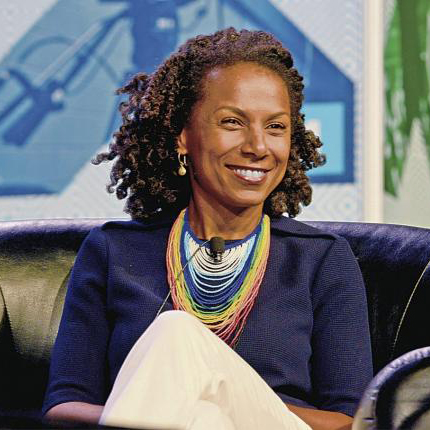
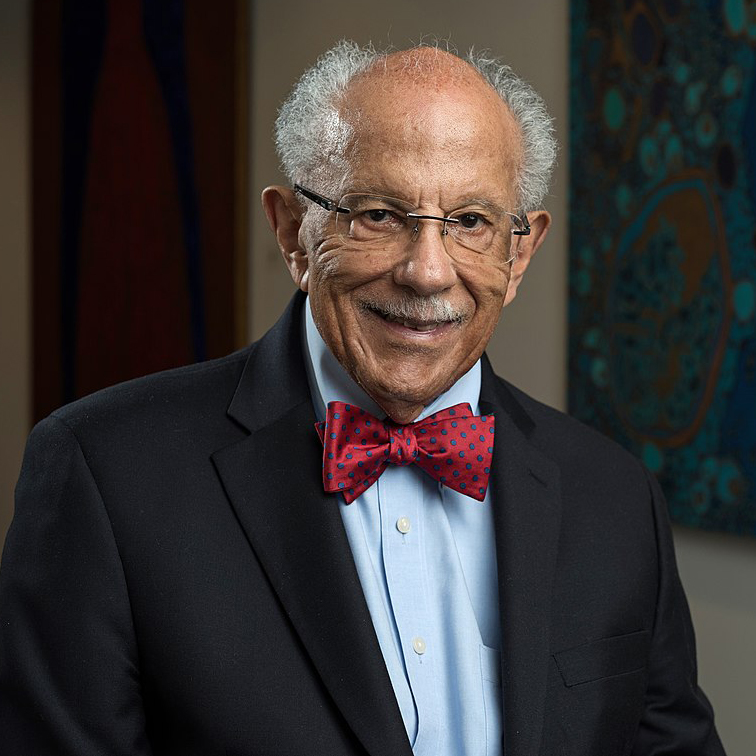
Dr. Warren Washington
Warren Washington was born to an African American family in Portland, during a time when Oregon’s black population constituted less than 1 percent of the state’s entire population. Washington, his family and their friends were targets of racial discrimination, which encouraged him to get involved in the civil rights movement at a young age. In high school, he served as the vice president of the Junior NAACP, an experience that gave him the confidence that he could contribute to making a change. Today, Dr. Washington is a meteorology and climate pioneer, and one of the first people to develop atmospheric computer models in the 1960s, which have helped scientists understand climate change.
“We’re going to have to face up to something that’s going to affect our children and grandchildren. I think what really wins out over time is that the science will speak for itself.” (Source)
Carla Grant Pickens
Carla Grant Pickens serves at the Chief Diversity & Inclusion Officer for IBM, where she leads a global team dedicated to creating an inclusive culture and a workforce that reflects the world, while responding to societal issues that impact IBM employees and the communities they live and work in.
IBM has over 300 chapters of Business Resource Groups (BRGs) and their members are using their passion for equality to co-create the future of diversity and inclusion at IBM. More than 50K IBMers are involved in BRGs, where employees are free to share their personal experiences about being a racial or ethnic minority, part of the LGBT+ community, neuro-diverse or physically disabled, female or a veteran, among others. (Source)

Throughout February, we will be sharing more stories of individuals whom we admire through their character, vision and achievements.
